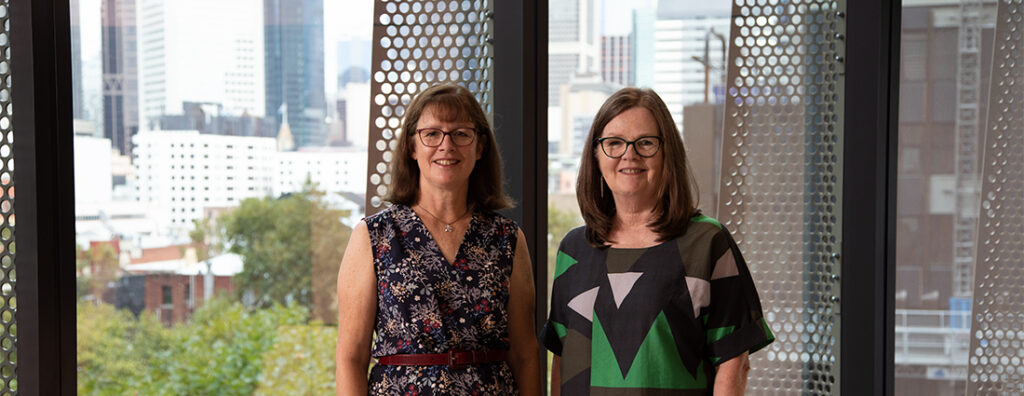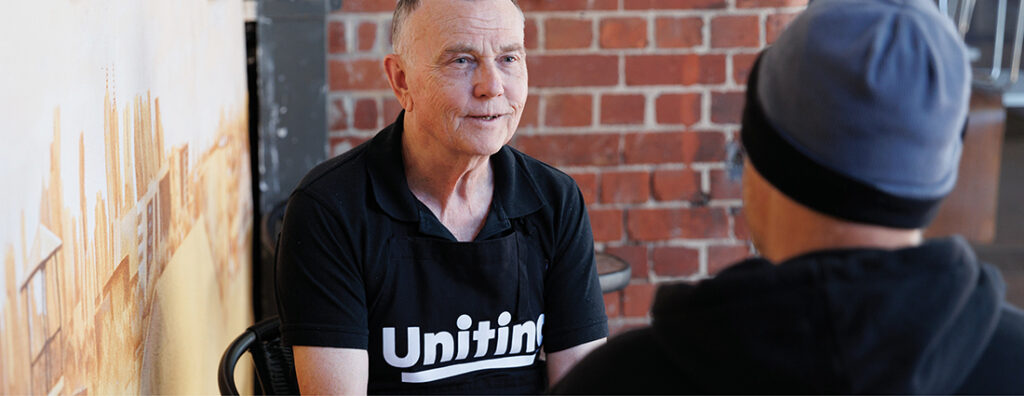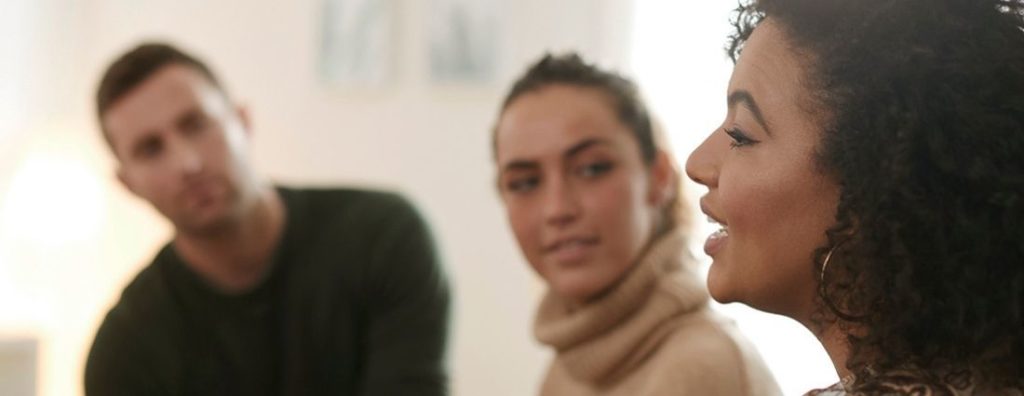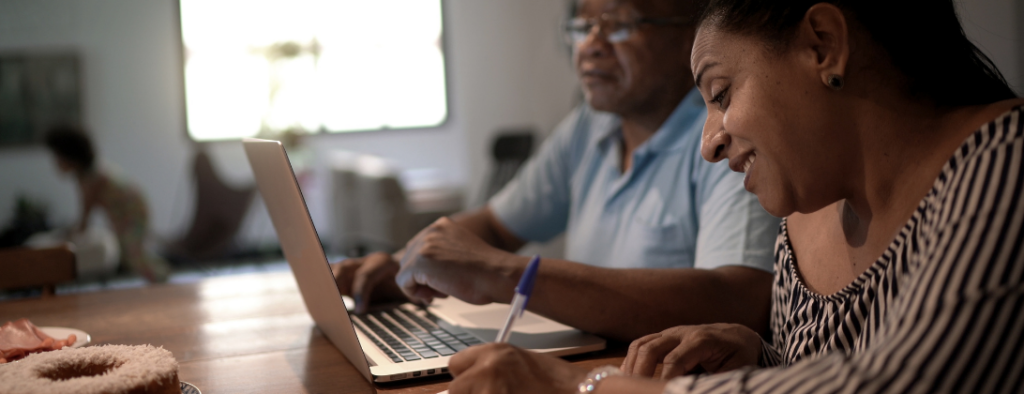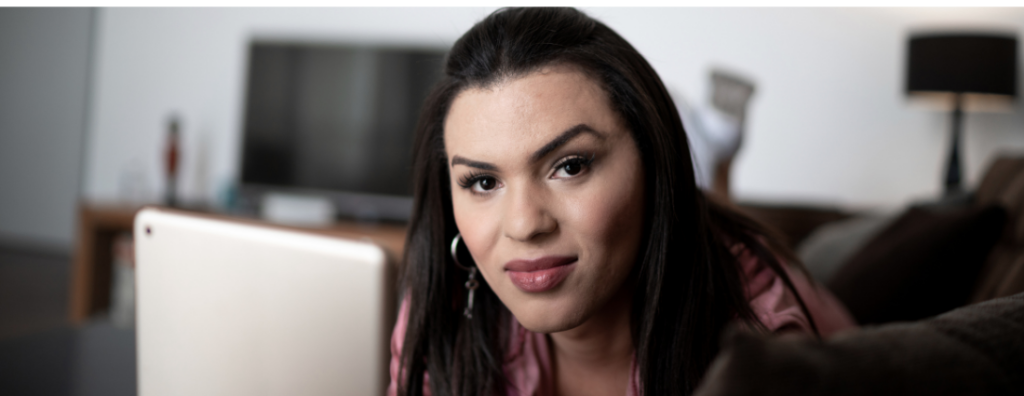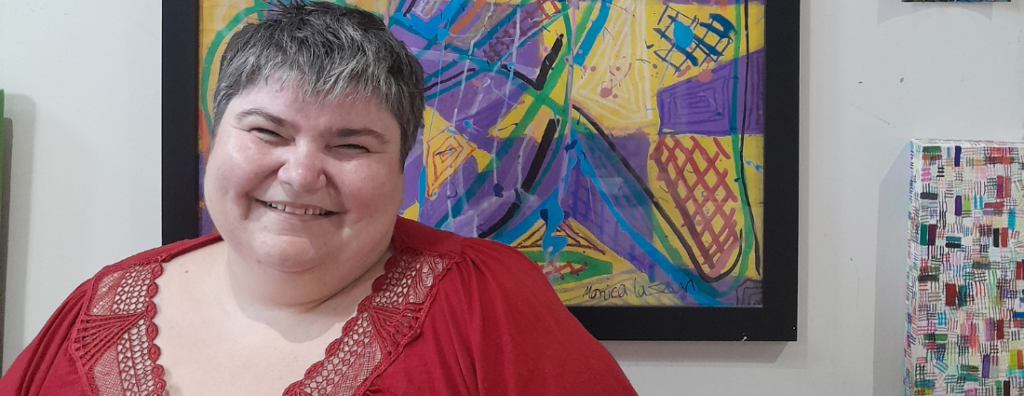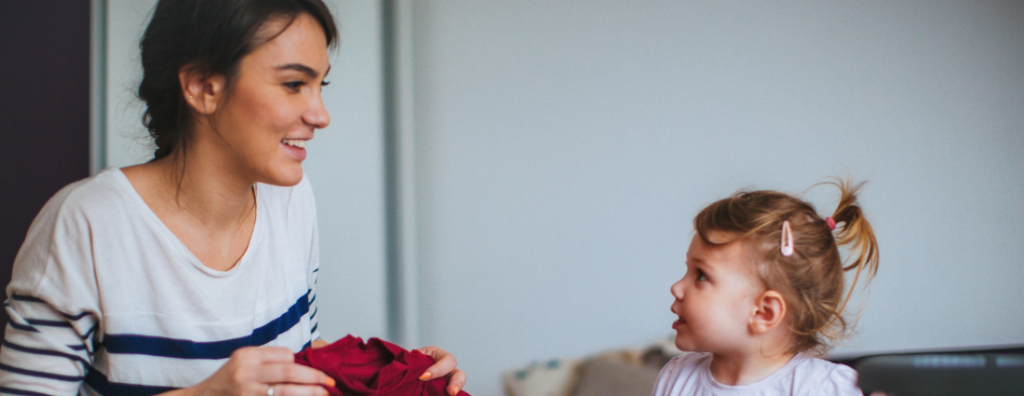Sally and Judy donate many hours of their time each week to the Uniting Heritage Service.
The service supports people and their families who were:
- adopted
- spent time with foster care providers
- in children’s homes
- in family group homes
- in orphanages.
If this out-of-home care was provided by the former Presbyterian, Methodist or Uniting Churches, we can help.
We rely heavily on the support of volunteers to progress our work with records.
Here, Sally and Judy have written some of their reflections.
“We have been friends for over 10 years. We both love history and met while working and volunteering in the archives of one of Melbourne’s oldest schools.
A chance conversation with a member of the Uniting Heritage Service team made us aware of Uniting’s large, important collection of records, dating back to the 1890s.
We indicated our interest in becoming volunteers and started in early 2021.
We work with records from the children’s and babies’ homes established by the Methodist and Presbyterian churches in Victoria.”
It is widely known that across Australia, historical records from such institutions are often incomplete or missing altogether.
This makes it critical to ensure that surviving records are carefully preserved and then indexed, so the information they contain can be easily accessed by case workers, former residents and/or their families.
We are focusing on this indexing.
Judy works with minute books created by the volunteer committees that oversaw the day-to-day operations of the children’s homes, dating from the 1890s to the 1980s.
She reads through the minutes and records every child’s name in a separate index.
The hand-written books, each approximately 200 pages, document the lives of the residents, mostly through brief notes that record the reasons for and dates of admission and departure, where the child was at all times (in the Home, foster care, in service or transferred to another facility).
Sometimes the notes mention health issues, education and communication with families.
More broadly, the minutes are a window into the social history of their times.
They show how society and the law viewed and regulated children and families during these periods and how the Homes responded to economic depressions, wartime conditions and epidemics.
Sally’s focus is photographs from the babies’ homes.
Specifically, she works with images taken by Mothercraft nurses who worked in the institutions from the 1930s to the 1970s and kept personal albums of their times there.
These albums have been generously donated or loaned to the Heritage Service by the nurses.
The captions they wrote often include the first names of the children, which Sally carefully adds to a spreadsheet.
This can be a complex process as the children’s real names were often not used and not every photo was captioned.
All images have been digitised, but Sally works with both the digitised and original photographs as this makes it easier to decipher captions, labels and to identify faces.
As in the case with the Homes’ minutes, indexing provides access to these records — precious images of the early years of the young residents, which are sometimes the only photos from this early stage of their lives.
We feel privileged to be working with such personal records, and greatly respect the privacy and experiences of the children and families whose names and photographs we encounter.
We enjoy volunteering with the Uniting Heritage Service team and hope that our contributions will help in the process of piecing together the stories of the children who spent time in these Homes.”
